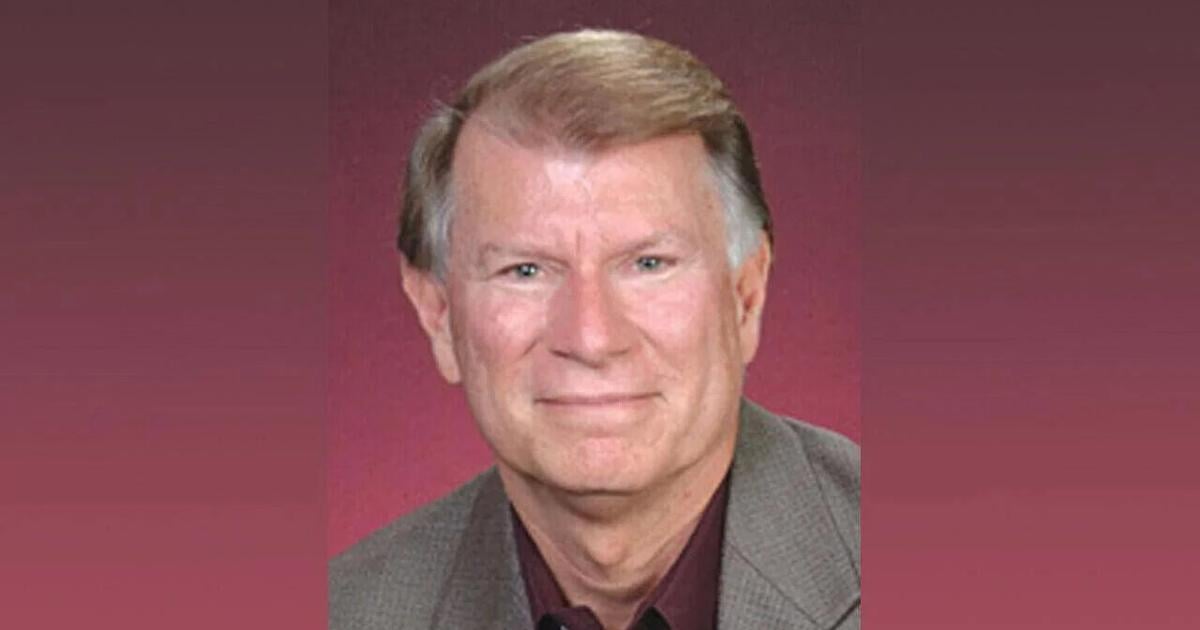Check out the article below, entitled “Earth’s Population Statistics in Perspective.” My friend sent it to me, and I researched it and found it consistent with what I found on the internet from various sources.
“The Earth’s population is around 7.8 billion. For most people, it is a stunning figure. However, the resulting analysis is much easier to comprehend if you condense 7.8 billion into 100 people and then into various percentages.”
Think of this statistic: Of every 100 people, 11 are in Europe, five are in North America, nine are in South America, 15 are in Africa, and 60 are in Asia; 49 live in the countryside, 51 live in cities; 75 have mobile phones, and 25 do not.
Here are more statistics: 30 people have internet access, 70 cannot go online, seven received a university education, and 93 did not attend college. Eighty-three can read, and 17 are illiterate. Check this out: 33 people are Christians, 22 are Muslims, 14 are Hindus, 7 are Buddhists, 12 are other religions and 12 have no religious beliefs.
Here are some age statistics: 26 people lived less than 14 years, 66 died between ages 15 and 64, and eight lived over 65. Just think. If you have your own home, eat full meals, drink clean water, have a mobile phone, can surf the internet, and have gone to college, you are blessed indeed. You are less than 7% of people on the earth.
The statistic that caught my attention was that only eight people live to or exceed the age of 65. If you did not leave this world before age 64, like the 92 people who have gone before you, you are blessed amongst humankind. Dude, you didn’t find Nemo — you are Nemo! If you are over 65, take good care of your health. Cherish every remaining moment. I have good and bad news for young people: Someday, you will look like me if you’re one of those eight percent who live to age 65. That will give you people in your fifties something to live for.
I’ve noticed that young people tend not to read the Bible very much, while older people tend to read it like crazy. It’s like older people are cramming for their finals. Some of my friends say there is no gold in the golden years. But that eight percent statistic gives me inspiration and encouragement. It’s verbal sunshine. So far, I’ve survived 100% of my worst days. That’s an accomplishment. (Thank you, Lord).
But after 65, things can start slowing down. One of the worst things for most people is memory loss. You recognize someone but can’t remember their name. Or you forget where you put something. (That’s me…where’s my cell phone?). Or you can’t think of the right word to use in a sentence. That’s frustrating. To those of you who are younger, when you become frustrated with older people because of what they cannot do, please think of how frustrated they must feel because they can no longer do it. So, if you believe you are suffering memory loss, read on.
French professor Bruno Dubois, director of the Institute of Memory and Alzheimer’s Disease (IMMA) at La Pitié-Salpêtrière – Paris Hospital, addresses the subject reassuringly.
“If anyone is aware of their memory problems, they do not have Alzheimer’s.” It often happens in people 60 years and older who complain they lack memory. “The information is always in the brain; the ‘processor’ is lacking.” This memory loss is mild “Anosognosia” or temporary forgetfulness. Half of people 60 and older have memory symptoms due to age rather than disease.”
The most common cases are forgetting a person’s name, going to a room in the house and not remembering why we were going there, a blank memory of a movie title or actor, an actress, or wasting time searching where we left our glasses or keys. After 60 years old, many people struggle with temporary memory, which indicates that it is not a disease but a characteristic due to the passage of years.
Many people today are concerned about memory issues in the eight percent group. Let’s allow professor Bruno Dubois to reassure us with his studies about short-term memory loss: “Those who are conscious of being forgetful have no serious memory problem.”
“Those who suffer from a memory illness or Alzheimer’s are not aware of what is happening.”
“The more we complain about memory loss, the less likely we are to suffer from memory sickness.”
So, I found some gold in the golden years. I hope this is verbal sunshine to you. You’re in the top 8% of people and probably don’t have Alzheimer’s.” And a word to the oldies and goldies from me: “Please don’t ride with me if you’re going to grab the dash or scream every time we run off the road. It makes me nervous.” I’m not crazy; I’m exotic!
And to the 8%, I say, “There now, wasn’t that refreshing!” Sometimes, we oldies need a break from reality. Sit back, have some coffee, and don’t talk about the members of The Beatles: John, Paul, George and Mick. Those young people will think you are old. Old age is a glorious thing. Not everyone can experience short-term memory loss like we can. We’re special.
You just got a checkup from the neck-up about old age, even when old age has problems.


